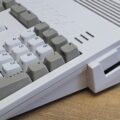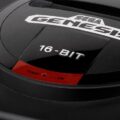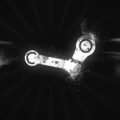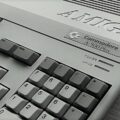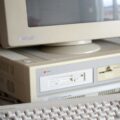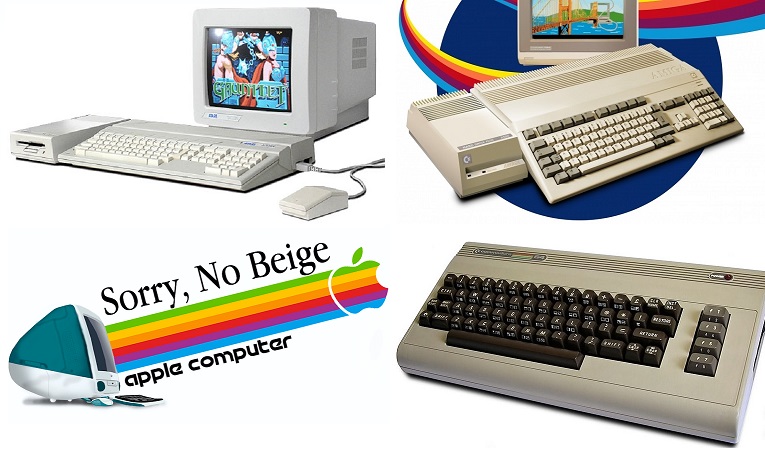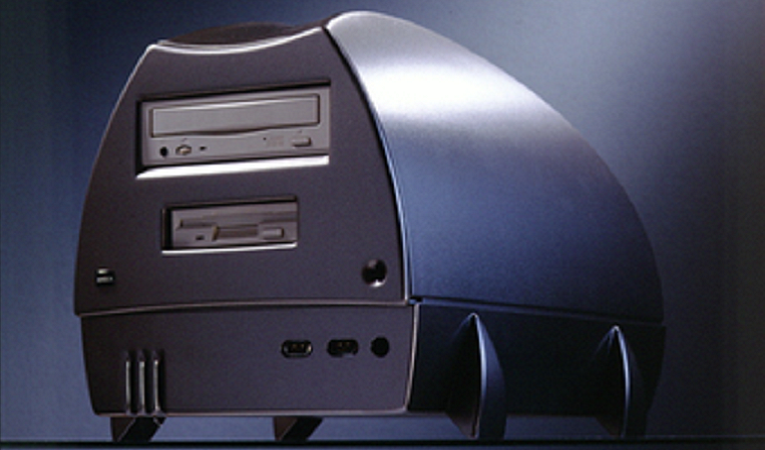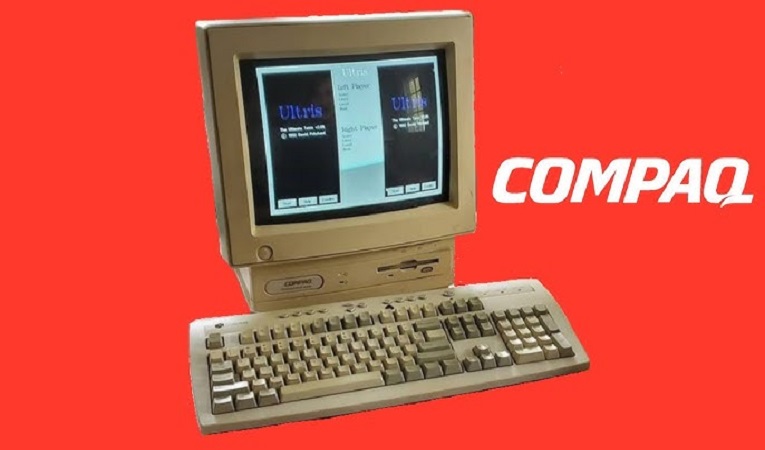
If you owned a home computer in the 1990’s, chances are it was a Compaq Presario. The introduction of the Compaq Presario in August 1993 marked a significant turning point in the personal computer (PC) industry. The Compaq Presario stood out with its innovative design that combined aesthetics and functionality. It introduced a user-friendly interface that resonated with a broader audience, from casual users to tech enthusiasts. The integration of cutting-edge components and attention to ergonomic design contributed to its appeal, setting it apart from other PCs in the market during the de 90s. The all-in-one machine featured a 14-inch monitor, an Intel 486 25-megahertz microprocessor and a 200-megabyte hard disk. Compaq’s Presario faced challenges from many established competitors in the PC market. Rivals attempted to replicate its success by launching their own products, intensifying the competition. However, the Presario’s strong brand identity, innovative features, and effective marketing gave Compaq a competitive edge. Compaq was also one of the first companies to successfully reverse engineer IBM technology. In 1982, Compaq managed to reverse engineer the IBM PC’s BIOS, ensuring compatibility with IBM’s software. This accomplishment was a breakthrough, as it allowed Compaq to produce PCs that were functionally equivalent to IBM’s offerings but often at more competitive prices. The ability to produce IBM-compatible PCs was a significant advantage for Compaq. They were able to tap into the rapidly growing PC market without being dependent on IBM’s hardware or licensing agreements. This also paved the way for other manufacturers to follow suit, leading to the widespread adoption of the IBM-compatible standard, which eventually became the dominant architecture in the PC industry. In the end, Compaq changed everything, the entire computer market would have been a battle between IBM, Atari, Apple, and Commodore, and the outcome of the computer market in general would have been completely different today.


